Posture
Posture
The window to good health
The word “posture” refers to the alignment and positioning of the human body in relation to gravity. It involves the coordination of various muscles, joints, and ligaments to maintain an optimal balance and alignment of the body’s structures. Good alignement is crucial for overall health and well-being as it ensures proper functioning of the entire musculoskeletal system, supporting organ function, and contributing to an individual’s physical appearance and self-confidence.
It is an importat concept for various reasons:
Musculoskeletal health: good alignement helps distribute the forces exerted on the body more efficiently, reducing the strain on muscles, joints, and ligaments. It minimizes the risk of developing musculoskeletal conditions, such as back pain, neck pain, and joint problems.
Spinal health: the spine plays a vital role in supporting the body and protecting the spinal cord. Good symmetry and alignement helps preserve the natural curves of the spine, which include the cervical (neck), thoracic (upper back), and lumbar (lower back) curves. When the spine is properly aligned, the spinal discs, muscles, and nerves are less likely to experience excessive stress and compression.
Improved breathing and organ function: correct posture allows for optimal expansion of the chest and lungs, facilitating better breathing and oxygenation of the body. Additionally, good posture helps prevent the compression of organs within the abdomen, allowing them to function optimally and improving digestion, circulation, and overall organ health.
Enhanced physical performance: Proper posture promotes optimal biomechanics and efficient movement patterns. It enables individuals to generate more strength, power, and coordination during physical activities, whether it’s participating in sports, exercising, or performing everyday tasks.
Pain prevention and management: Maintaining good posture can help prevent the onset of various types of pain, such as back pain, neck pain, and headaches. Additionally, for individuals already experiencing pain, correcting posture imbalances can alleviate symptoms and aid in pain management.
Improved confidence and mental well-being: Good posture not only has physical benefits but also contributes to an individual’s self-perception and confidence. Standing tall with good posture can convey a sense of poise, assertiveness, and self-assurance. Moreover, research has shown a link between posture and mental well-being, with upright posture being associated with improved mood, increased self-esteem, and reduced stress levels.
Chiropractic care to remodel your body
Chiropractic is a safe and effective way to improve your postural habits, whether you have symptoms or not.
If you think your posture is not optimal, several factors can influence it, including muscular imbalances, sedentary lifestyle, ergonomics, footwear, structural abnormalities (e.g. scoliosis)
Maintaining good posture is vital for overall health, well-being, and physical function. By understanding the importance of posture and implementing strategies to promote optimal alignment, individuals can reduce the risk of musculoskeletal conditions, enhance physical performance, prevent pain, and improve their overall quality of life.
Take a look at our article on posture in our blog (reading time, 3 minutes). We organise spinal and postural checks roughly 6 times/year, they are completely free. Oftentimes, we also discuss the importance of posture within corporate events during our health talks.
Call the clinic 01305602314 and ask our chiropractic assistant when is the next date available to book your free 10 mins slot with Dr. Edo.
Visit our Facebook page, click here!
Video resource: the importance of posture (4mins)
GUIDES
Our FREE informative guides
A few informative guides, FREE to download. Call us if you would like to come in for a consultation with your chiropractor or simply visit our clinic in Poundbury (Dorchester).
Our inspiring blog, a hub of knowledge and ideas designed to spark curiosity and fuel your mind!
Dive into a collection of thought-provoking articles, practical tips, and engaging content that covers a wide range of topics realted to health and wellbeing.
You can discover fresh perspectives, gain valuable insights, and find inspiration to enhance the quality of your life.


























